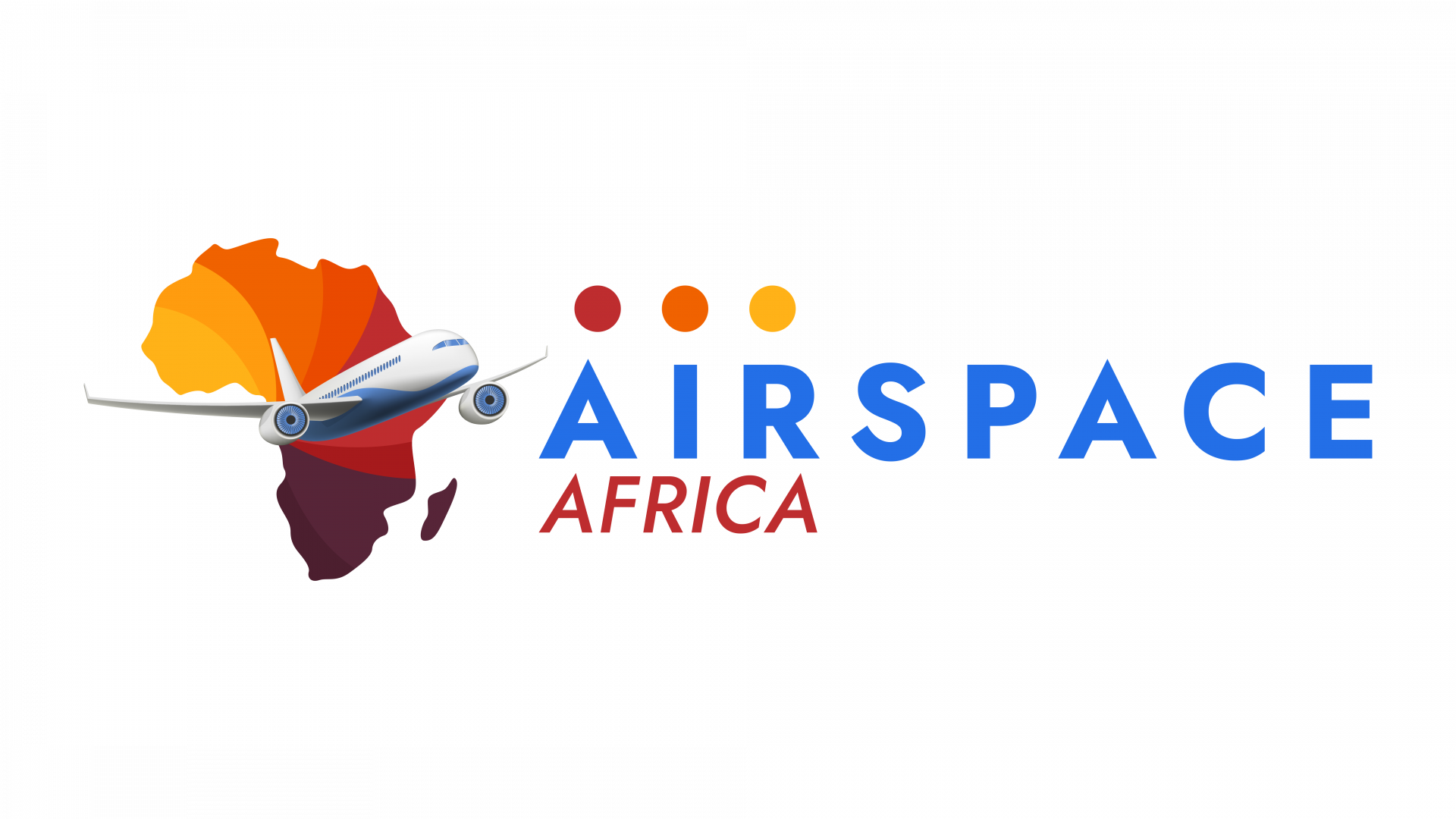South Africa’s leading low-cost carrier, FlySafair, is preparing for a possible pilot strike after negotiations over wage increases, rostering, and leave policies reached an impasse. Pilots represented by the Solidarity union received a legally binding strike certificate, paving the way for industrial action unless a breakthrough is achieved soon.
At the heart of the dispute is the airline’s wage offer a 5.7% increase plus additional compensation firmly rejected by the majority of solidary-represented pilots, who are demanding a 10.5% hike for 2025–26, followed by inflation-linked increases in subsequent years.
Further fuel is added by a new rostering system and leave entitlements introduced by FlySafair, which pilots argue severely impacts rest periods and lifestyle balance. The union’s deputy general secretary, Helgard Cronje, emphasised the shift in workplace conduct, saying relations between management and crew are “at an absolute low.
Industry-Wide Disruption Potential
This could be a major blow to domestic air connectivity. FlySafair handles roughly 60% of South Africa’s local seat capacity, and a strike could ground hundreds of flights and leave thousands of passengers stranded. However, Flysafair’s Kirby Gordon says there is enough pilots staying away from the strike to cover the whole of next week’s scheduled flights.
FlySafair’s Contingency Measures
Aware of the stakes, FlySafair has outlined robust contingency plans:
-
No-pay, no-work policy for absent pilots.
-
Flexible staffing, shifting duties to non-union or management personnel.
-
Proactive schedule adjustments for flights between 22–28 July to cushion potential impact.
-
Direct communication with affected passengers, offering free rebooking and rescheduling options.
Chief Marketing Officer Kirby Gordon voiced confidence: “We are fully prepared … to ensure minimal disruption … passengers can continue to book and travel with confidence”
Solidarity’s Perspective
Solidarity emphasizes pilots’ broader concerns: they feel undervalued in a challenging economic climate where rival markets (like the Gulf) offer higher compensation. They point to the rostering system and leave policies as evidence of management deprioritizing crew wellbeing.
Cronje warns these underlying issues could trigger further action even if the upcoming wage-focused strike is resolved.
Wider Industry Implications
This dispute reflects persistent tension in aviation labor relations globally, as pilot shortages drive up wages and intensify bargaining power. However, FlySafair positioned between budget airlines and full-service rivals faces unique pressure to maintain low costs.
A prolonged strike would not only tarnish FlySafair’s reputation but destabilize South Africa’s domestic travel network and add strain to an industry rebounding from pandemic-era setbacks.




Comments are closed.